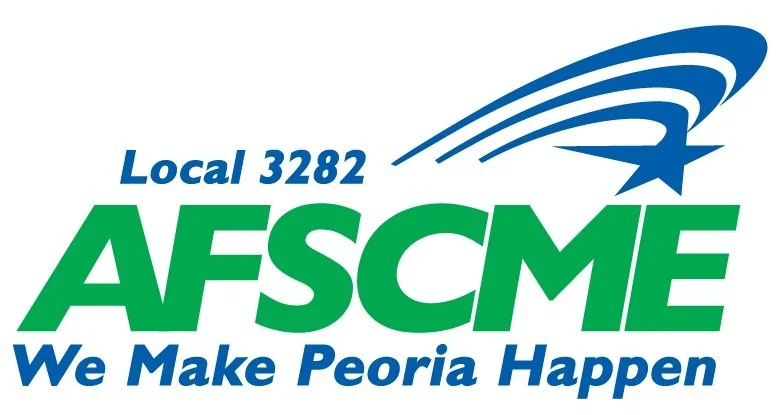The Opinion Pages | Editorial (New York Times)
By THE EDITORIAL BOARD - JUNE 30, 2014
The Supreme Court’s ruling on Monday excusing certain workers paid by public funds from having to contribute any fees to the unions that represent them was not the deathblow to public-sector unions that many feared it would be. But there was no mistaking the ominous antipathy toward collective bargaining and workers’ rights behind Justice Samuel Alito Jr.’s majority opinion, which was joined by the four conservative members of the court.
In Harris v. Quinn, eight home-care aides, who are paid by their customers with Medicaid funds, challenged an Illinois law that required them to pay what are known as “fair share” fees to the Service Employees International Union, even though they had chosen not to join the union. The union — which is legally compelled to represent both members and nonmembers — used those fees (which are less than members’ dues) to negotiate on the aides’ behalf for higher wages and other benefits.
Under this common arrangement, everybody won: Illinois’ 20,000-plus home-care aides, who have been among the poorest-paid workers, saw their hourly wages rise from $7 in 2003 to $13 in 2014. They got state-financed health insurance, better training and more protective workplace-safety measures. Meanwhile, the state avoided the high costs of institutionalizing their customers.
But the aides who brought suit argued that the law violated their First Amendment rights by forcing them to support speech they don’t agree with — in this case, the union’s political activities, which they said could not easily be separated from collective bargaining.
The case should have been easy. The Supreme Court in 1977 upheld a Michigan law requiring fair-share fees from nonmembers of a teachers’ union. Collective-bargaining agreements, the court said, promote “labor stability” and eliminate the problem of “free riders,” who would otherwise get union benefits without paying for them.
The court on Monday did not overturn the older ruling, Abood v. Detroit Board of Education, but it refused to extend it to cover the home-care aides, who it said are not “full-fledged” public employees like police officers or firefighters. Because the aides effectively have two employers — their customers and the state — the court said the logic of the earlier case did not apply and the First Amendment prohibited the union from collecting the fees.
“Except perhaps in the rarest of circumstances,” Justice Alito wrote, “no person in this country may be compelled to subsidize speech by a third party that he or she does not wish to support.”
Justice Elena Kagan, writing for four dissenters, flatly rejected that argument. The court, she said, has “long acknowledged that the government has wider constitutional latitude when it is acting as employer.”
The effect of Monday’s ruling will be felt by home-care and child-care workers nationwide — a growing, mostly female work force that is vulnerable, unstable and hard to organize. Justice Alito presumed that since a majority of Illinois’ caregivers voted to unionize, many are “willingly paying union dues.” But as Justice Kagan pointed out, everyone has an economic incentive to take free rides. She wrote, “Does the majority think that public employees are immune from basic principles of economics?”
That the Abood ruling survived is no comfort to public-sector unions, which today represent nearly eight million workers. As long as the court’s conservative bloc is intact, their security and viability remain at risk.
